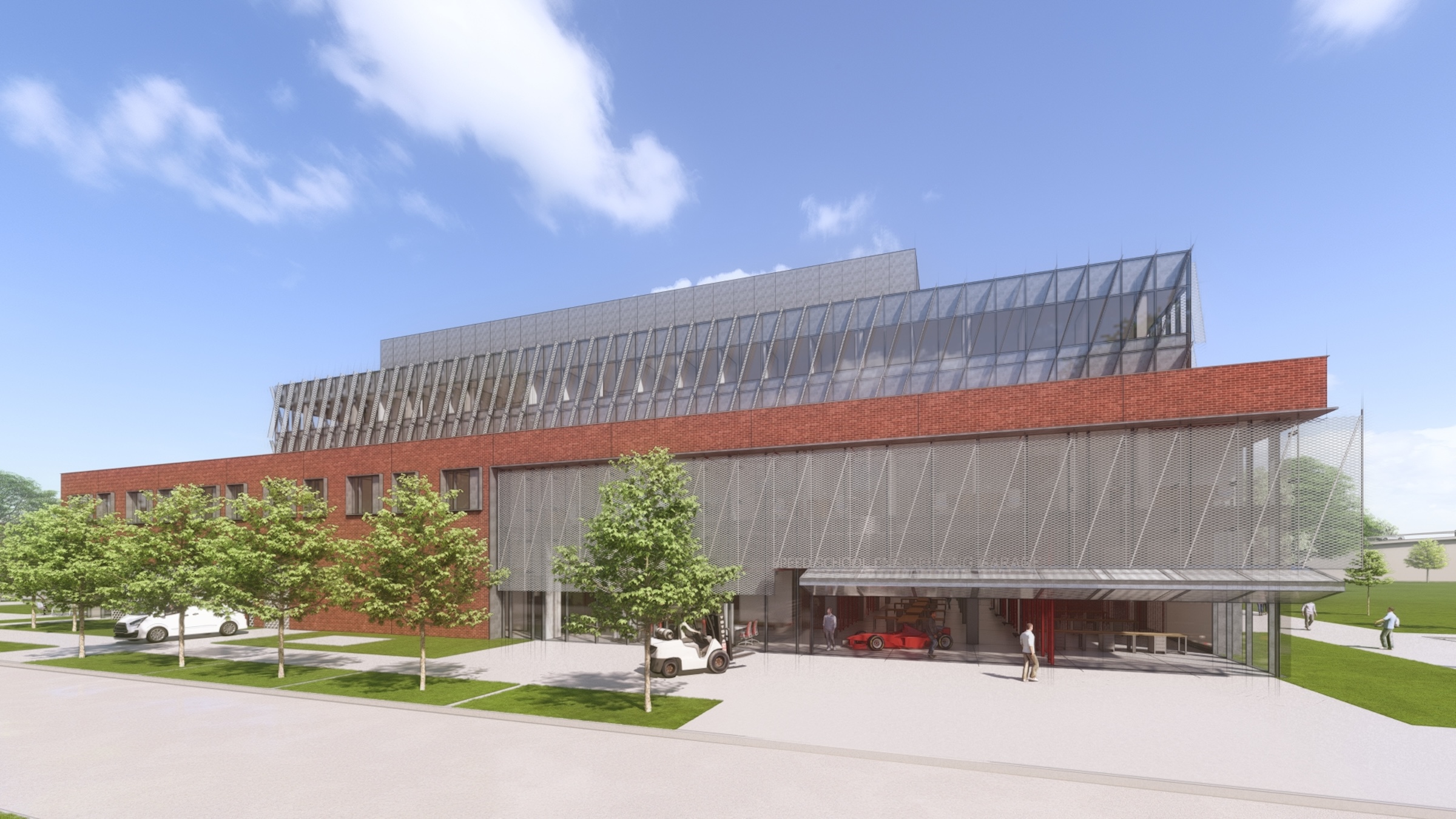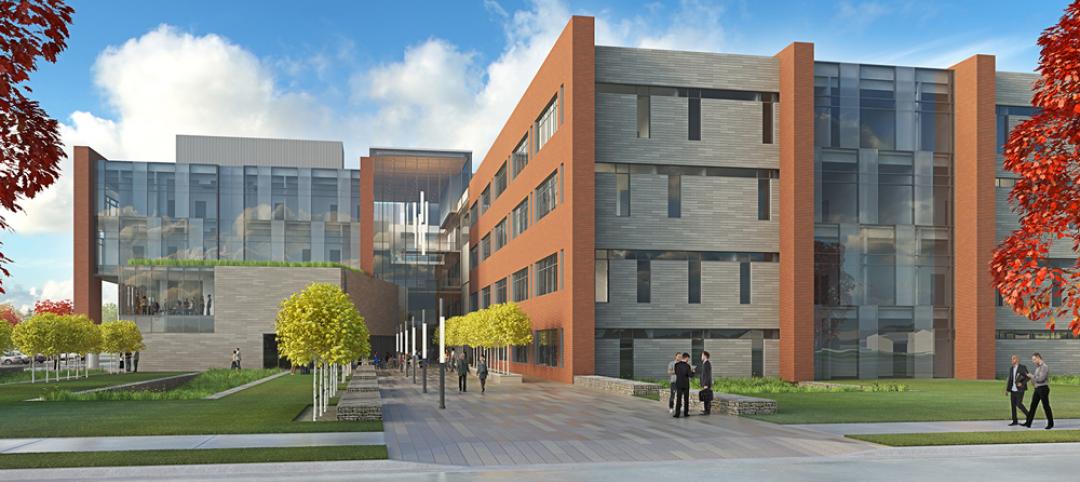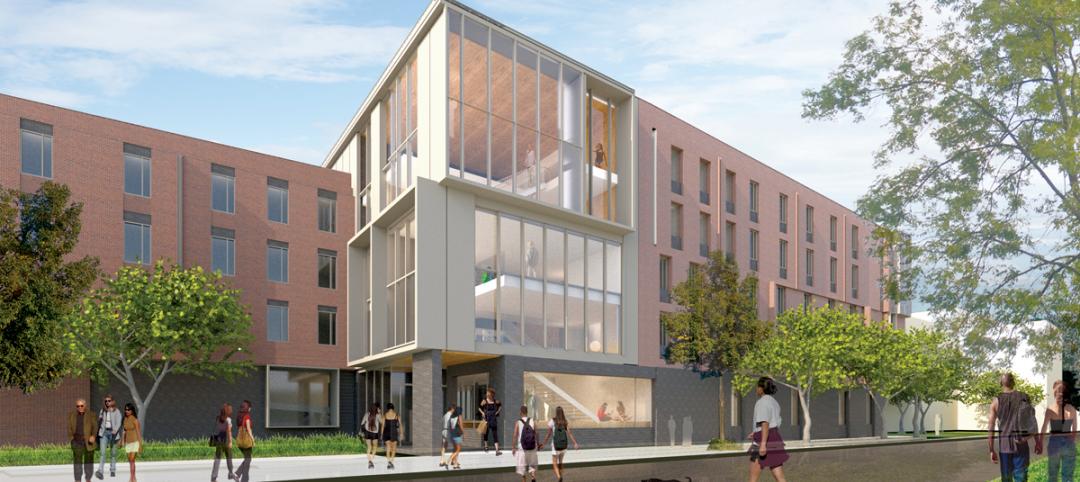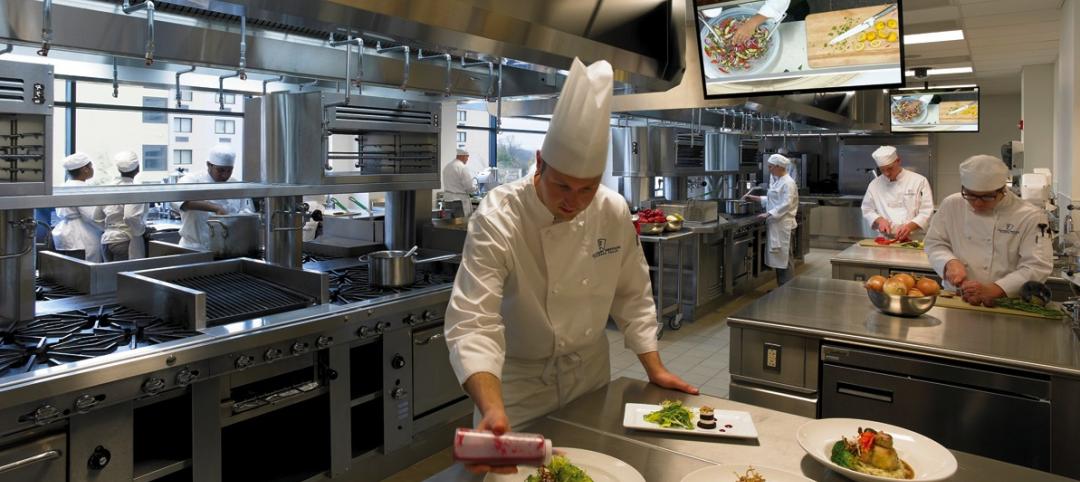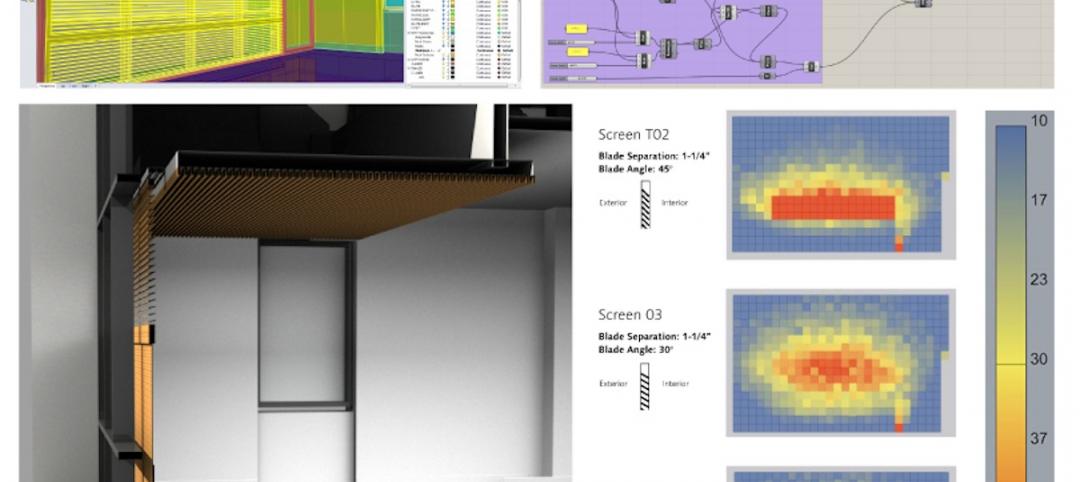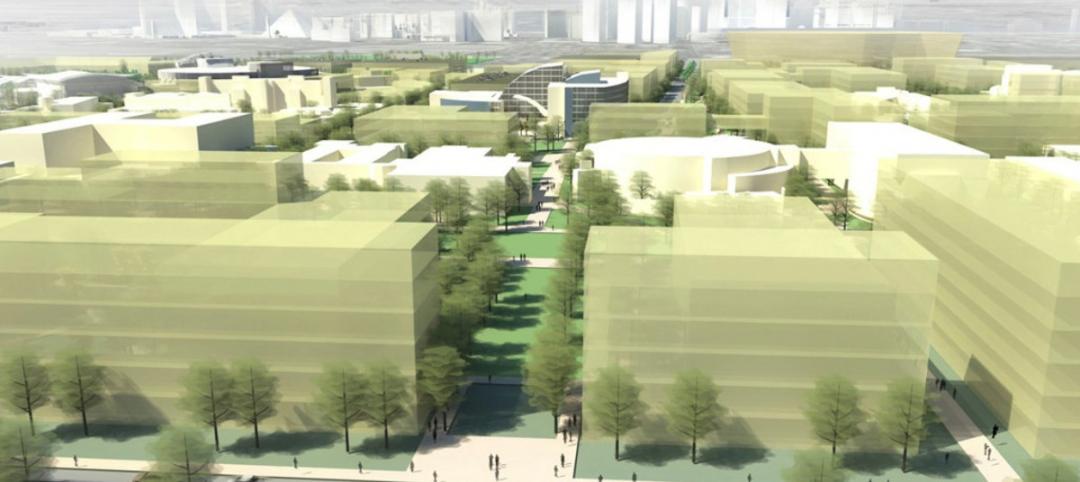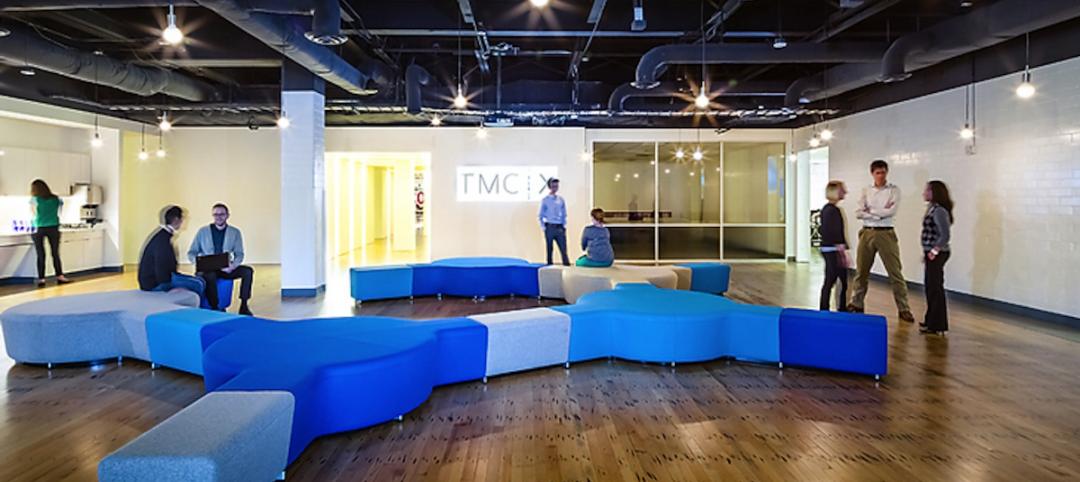A new Student Success Building will serve as the heart of the newly designed University of Louisville’s J.B. Speed School of Engineering. The 115,000-sf structure will greatly increase lab space and consolidate student services to one location.
Currently admissions counselors, academic counselors, tutors, student success coordinators, co-op counselors, and other support teams are located on different floors and in multiple buildings. The plan groups all the support teams into a single connected office suite. A central help desk at the main entrance will assist students to receive the most appropriate support services. Shared collaborative spaces will facilitate regular meetings among the different teams, and shared office support will streamline internal operations.
The new university building will serve as a valuable “home base” for students, especially during their first year. It will house classes, provide access to tutoring, enable meetings with academic and co-op counselors, host student success seminars, offer study spaces and meeting rooms for student groups, and feature an informal recreational area.
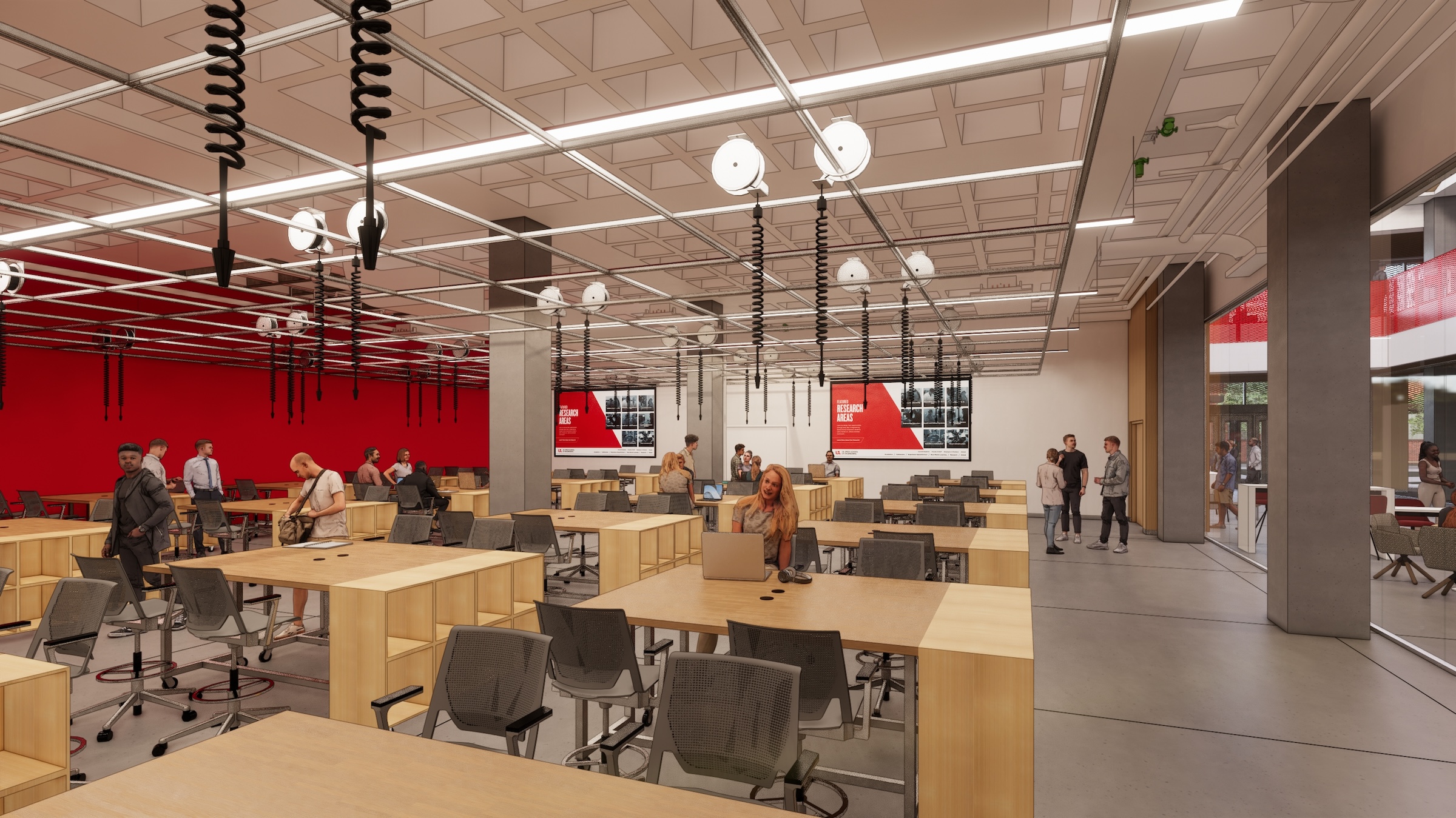
An engineering garage space will serve as a hub for hands-on learning and competition team activities. This area will provide ample room for students to work on projects, build prototypes, and conduct experiments. It will be equipped with specialized tools, machinery, and materials to support various engineering disciplines. The garage space will not only enhance students’ technical skills but also promote teamwork, collaboration, and problem-solving abilities. Engineering students will have the opportunity to participate in competitions, where they can apply their knowledge, learn from their peers, and showcase their innovations.
The second and third floors will house lab space for the university’s Conn Center for Renewable Energy Research, where researchers will study solar power, green fuels, and materials. Construction is underway, with an expected completion date of summer 2025.
Owner and/or developer: University of Louisville
Design architect: SmithGroup
Architect of record: Luckett & Farley
MEP engineer: Luckett & Farley
Structural engineer: SmithGroup
General contractor/construction manager: Whittenberg Construction
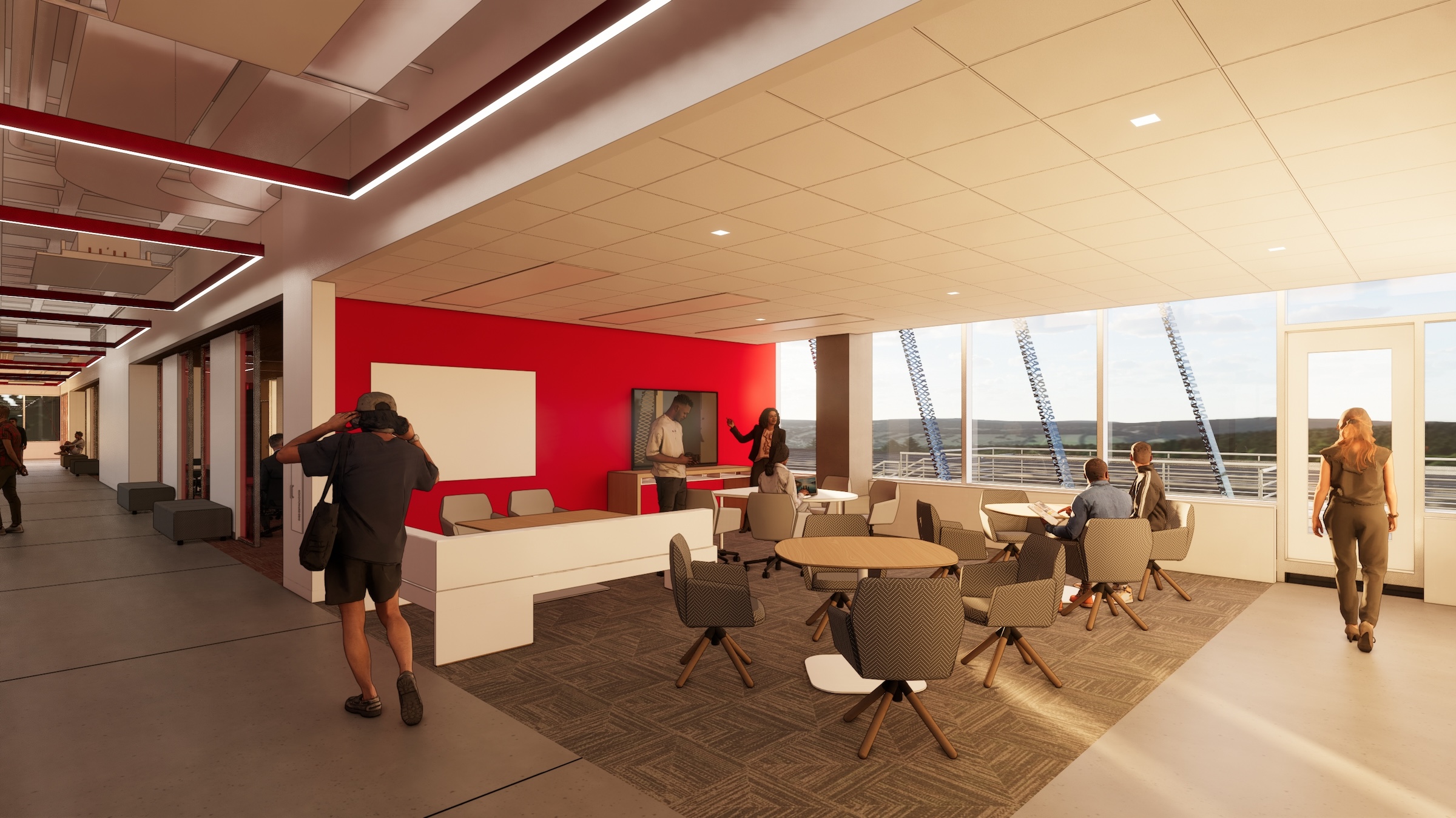
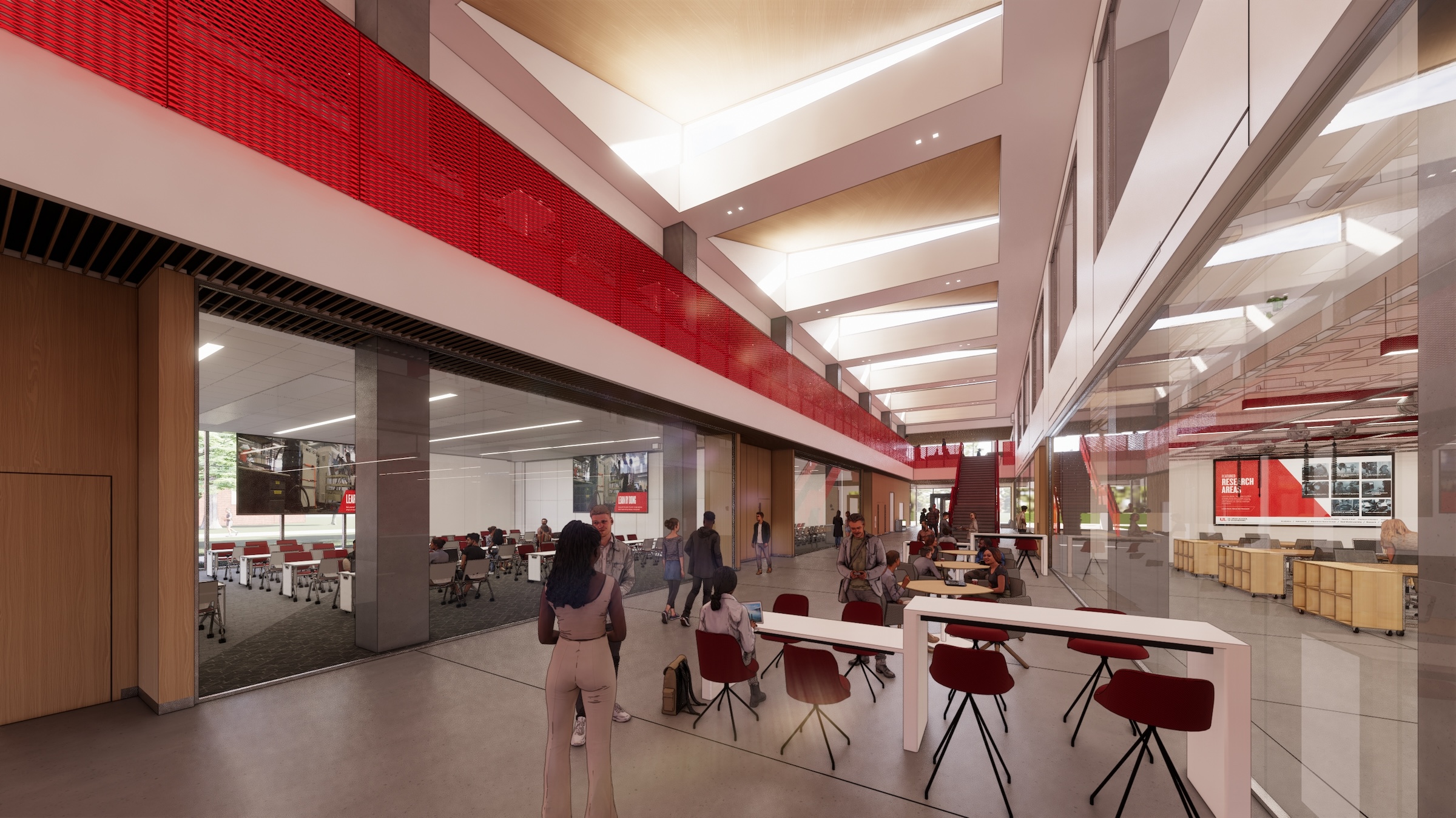
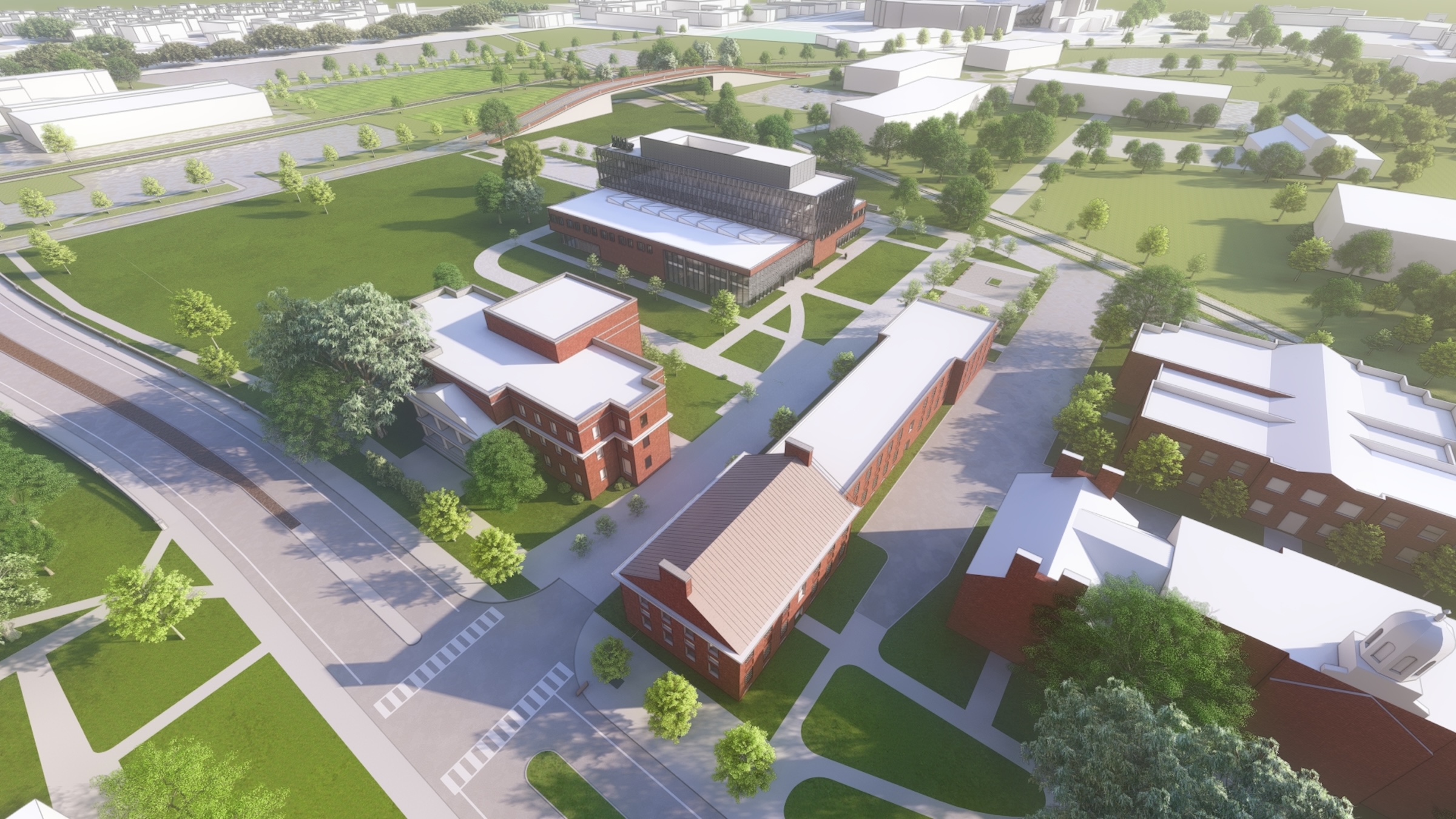
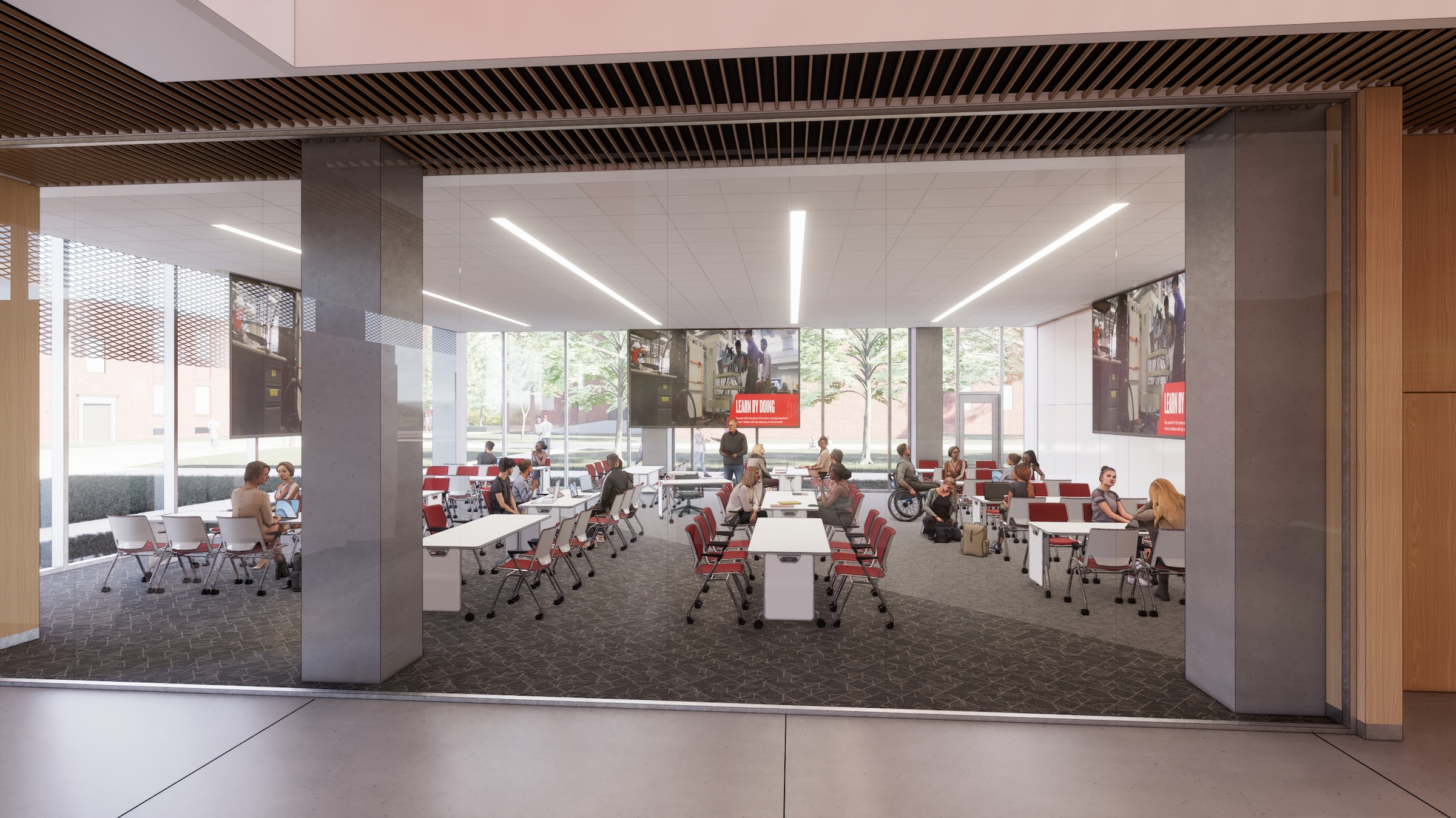
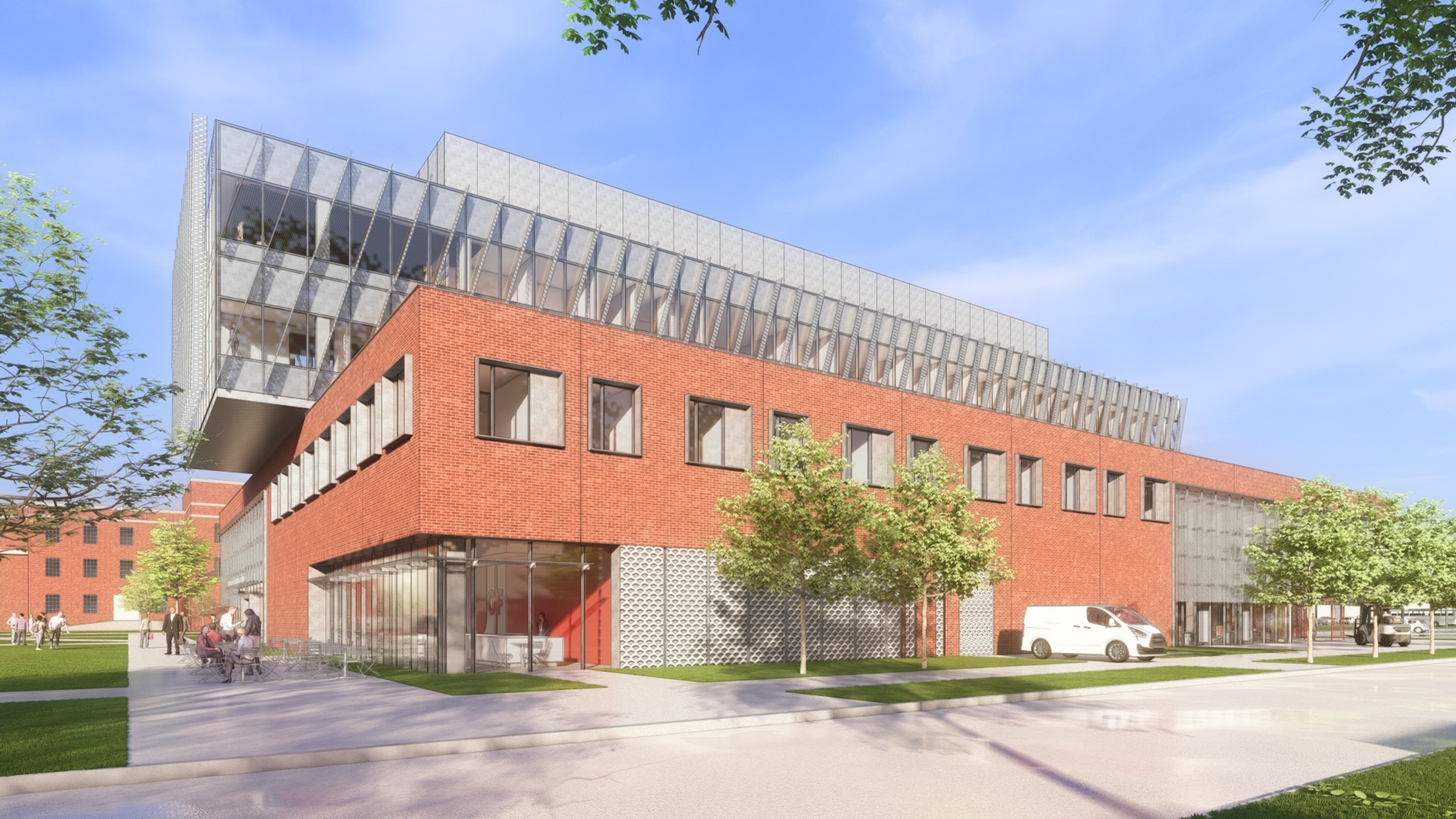
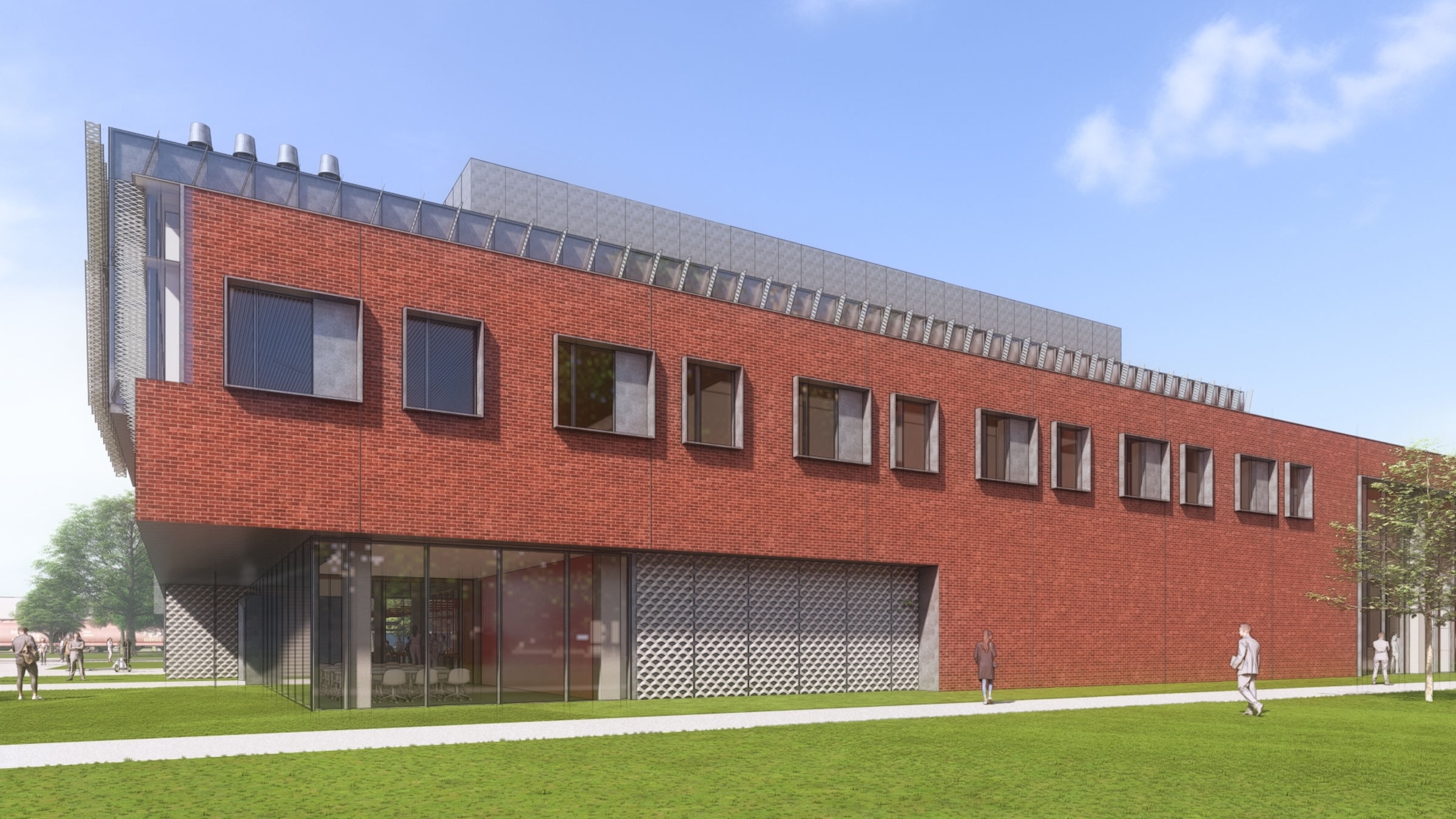
Related Stories
University Buildings | Jun 29, 2015
Ensuring today’s medical education facilities fit tomorrow’s healthcare
Through thought-leading design, medical schools have the unique opportunity to meet the needs of today’s medical students and more fully prepare them for their future healthcare careers. Perkins+Will’s Heidi Costello offers five key design factors to improve and influence medical education.
University Buildings | May 30, 2015
Texas senate approves $3 billion in bonds for university construction
For the first time in nearly a decade, Texas universities could soon have some state money for construction.
University Buildings | May 19, 2015
Special Report: How your firm can help struggling colleges and universities meet their building project goals
Building Teams that want to succeed in the higher education market have to help their clients find new funding sources, control costs, and provide the maximum value for every dollar.
University Buildings | May 19, 2015
Renovate or build new: How to resolve the eternal question
With capital budgets strained, renovation may be an increasingly attractive money-saving option for many college and universities.
University Buildings | May 19, 2015
KU Jayhawks take a gander at a P3 development
The P3 concept is getting a tryout at the University of Kansas, where state funding for construction has fallen from 20% of project costs to about 11% over the last 10 years.
University Buildings | May 5, 2015
Where the university students are (or will be)
SmithGroupJJR's Alexa Bush discusses changing demographics and the search for out-of-state students at public universities.
BIM and Information Technology | Apr 9, 2015
How one team solved a tricky daylighting problem with BIM/VDC tools, iterative design
SRG Partnership's Scott Mooney describes how Grasshopper, Diva, Rhino, and 3D printing were utilized to optimize a daylighting scheme at Oregon State University's new academic building.
Sponsored | University Buildings | Apr 8, 2015
Student Housing: The fight against mold starts in the bathroom
University Buildings | Apr 8, 2015
The competitive advantage of urban higher-ed institutions
In the coming years, urban colleges and universities will outperform their non-urban peers, bolstered by the 77 million Millennials who prefer to live in dense, diverse, and socially rich environments, writes SmithGroupJJR's Michael Johnson.
University Buildings | Mar 18, 2015
Academic incubators: Garage innovation meets higher education
Gensler's Jill Goebel and Christine Durman discuss the role of design in academic incubators, and why many universities are building them to foster student growth.


